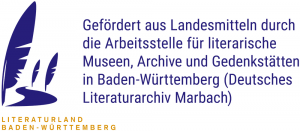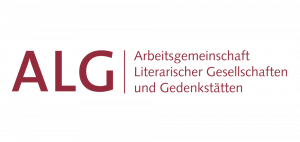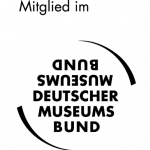Faust Archive
Library
Since 2002, the Faust Archive has housed an extensive special library on the subject of Faust with over 6,000 titles. Based on several collections that are unique in their wide range and completeness, researchers and interested parties, specialists and non-professionals, school and university students, artists and writers can trace “Faust” in literature, theatre, film and music, among other things.
Georg Johann Faust from Knittlingen and his time
A separate room is devoted entirely to the historical Faust, his region and his era. Works on the history of Knittlingen, but also on contemporary history and the manifestations of the Renaissance in everyday, social, religious and scientific history are gathered here. Keywords from this period and anchor points for time references are the Reformation, alchemy, witch trials and the Inquisition, but also: Knittlingen, Bretten and the Maulbronn Monastery as well as Philipp Melanchthon and Paracelsus.
Goethe Room
The largest room in the library, the so-called Goethe Room, is almost exclusively dedicated to Goethe’s Faust adaptations: Urfaust, Fragment, Faust I and Faust II. In addition to a large number of Faust editions in German, including rare first editions, visitors will find Faust in all kinds of languages, from Japanese to Bengali. In addition to the primary literature, an entire wall of research literature on Goethe’s “Faust” bears witness to the lively reception his masterpiece has received to this day.
Reception – this also means the creative appropriation of and reaction to Goethe’s drama, e.g., theatre productions. There is also a wealth of material on the dramaturgical realisation of Goethe’s Faust I and II.
A treasure within the collections of the Faust Archive is certainly the so-called Aign Music Collection with scores, individual sheets of music and hidden, partly forgotten musical Faust arrangements.
Faust since Goethe until today
The third room of the library shows what Faustian literature was published after Goethe’s “Faust”, i.e., after 1808 up to the present day, and what approaches to the Faust material are still being sought and found today. Here you will find not only the “Fausts” by Nikolaus Lenau, Heinrich Heine and Thomas Mann, but also international Faust literature: from Lord Byron to Mikhail Bulgakov. In addition, there is also Faust popular fiction, children’s literature and comics as well as general overviews, encyclopedias and reference works.



